6 Tips for Better Sleep
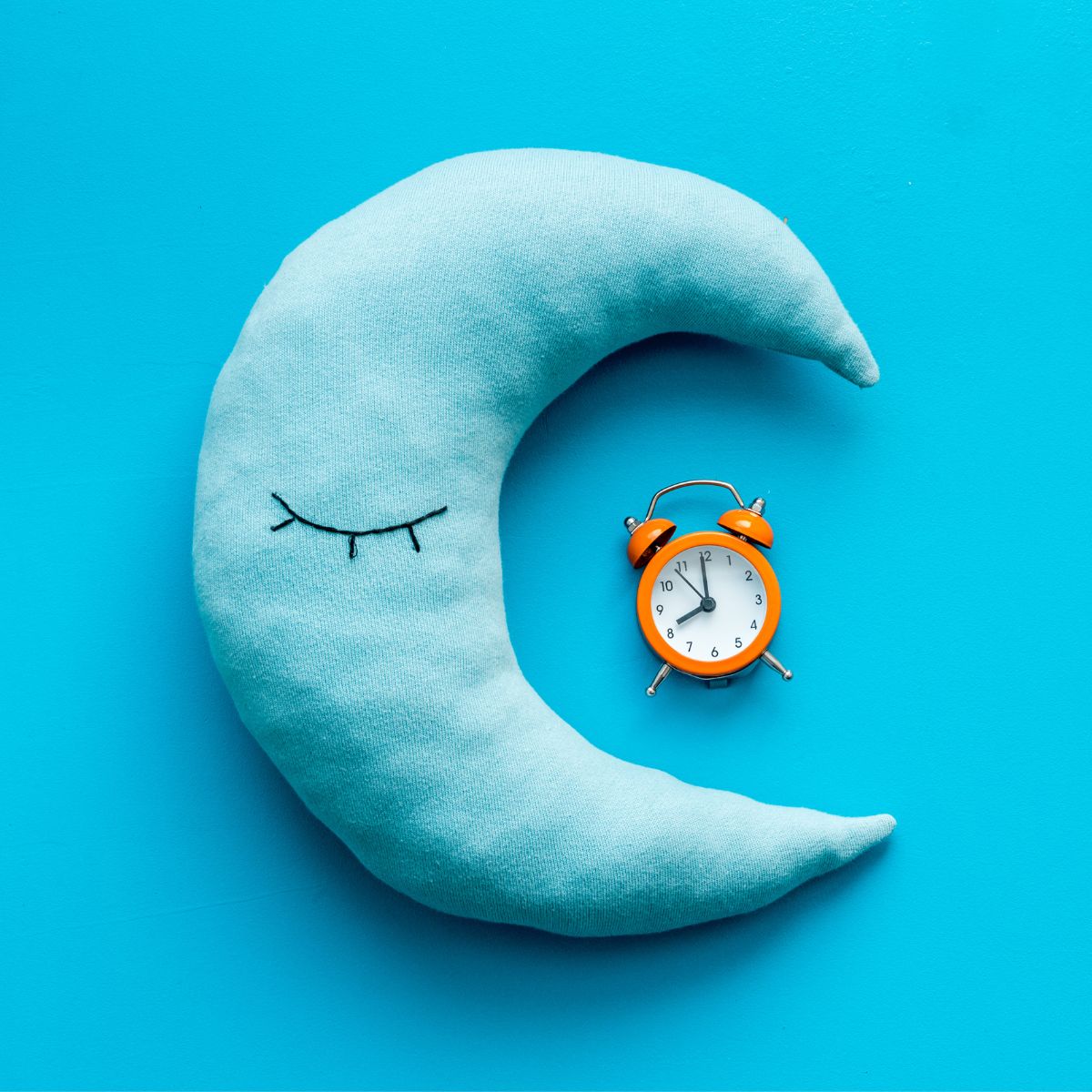
Why Sleep is so Important.
“I can sleep when I’m dead. I have more important things to be doing…” If you’ve ever had those thoughts, you’re not alone. In fact, I count myself among the worst offenders on this. But the reality is, we do need sleep, and lots of it. But why is it so important, why aren’t we getting enough of it, and most importantly, what can we do about it? The answers to these questions, plus our 6 tips for better sleep could just change your entire outlook on life. So, before you quit your job, consider divorce, or do anything else drastic, keep reading. It may be that you just need more sleep!
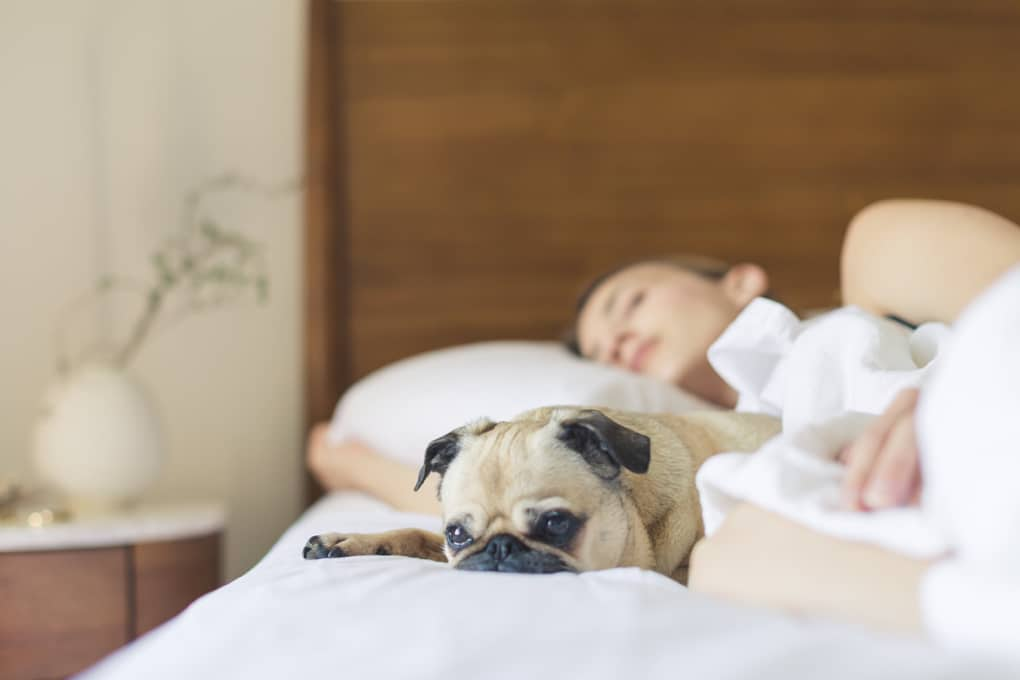
How Important is Sleep?
Sleep is so important that Integrative Nutrition Health Coach Nicole Tolbert has made it an area of focus. “If we don’t get enough sleep, it’s definitely going to wreak havoc in our daily lives and put us at risk for more serious diseases as well.” When Nicole explains what’s happening in our bodies when we sleep, it’s easy to see why.

- Our hormones are being regulated, especially in dealing with hunger and satiety. Grehlin is the hormone that increases appetite, and leptin decreases it. Nicole says, “They get out of whack if we don’t get enough sleep.”
- Our brain and our immune system get strengthened while sleeping.
- Our heart, blood vessels and tissues are repairing and healing and everything is getting replenished.
- Our brains process and secure our memories while we sleep, so it’s helping to secure what we’ve learned through the day and process all that information. Nicole recognizes that many people try to cram information in and stay up all night studying or preparing for that big presentation, but it doesn’t work very well. “We need that long sleep to secure all those memories.”
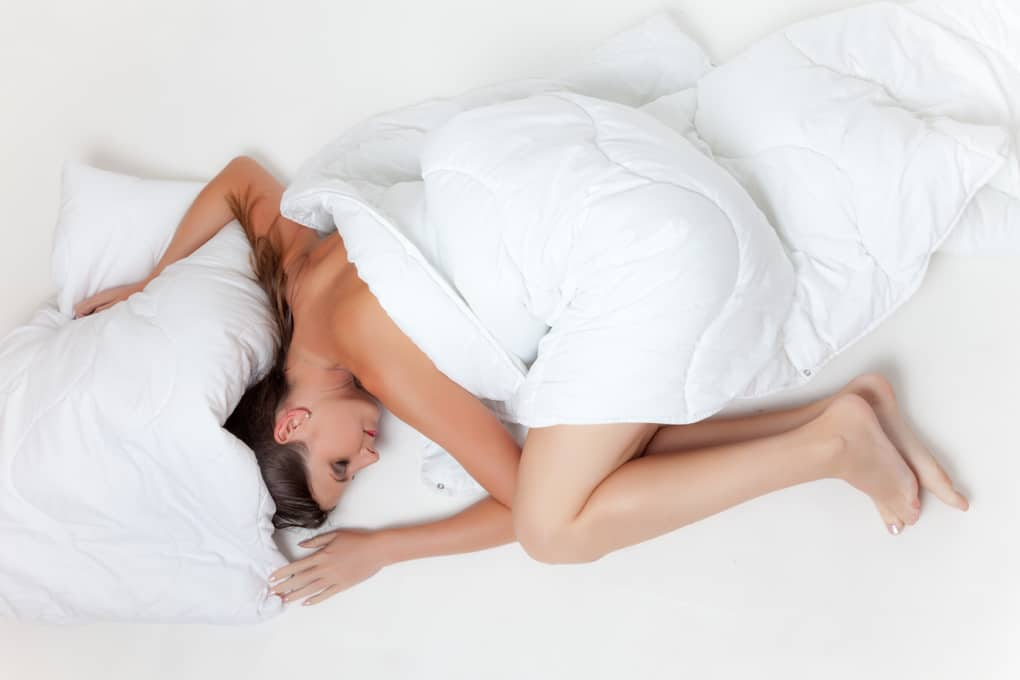
The Stages of Sleep
There are five different stages of sleep that we cycle through every night. Nicole says that during the first stage, we’re just very lightly falling asleep. We can easily be awoken during this stage, and it usually doesn’t last long. When we transition into the second stage, we’re in a bit deeper sleep. Our heart rate starts to slow down, our body temperature drops, and our brain waves start slowing down.
When we start to go into stages three and four, we’re in a deeper sleep, it’s hard to wake up, and if we do wake up, we feel disoriented or groggy. During these stages, some of the repair and growth start to happen, our brain waves continue to slow, and our breathing gets slower and deeper. According to the American Sleep Association, “Cognitive tests that have been administered after being awoken from the third stage show that for up to half an hour or so, and when compared to awakenings from the other stages, mental performance is moderately impaired.”
The final stage is REM sleep and is where the majority of our dreaming occurs. This stage is important because it’s where the brain is taking the day’s information in and processing everything.
According to Nicole, during any given night, we should be going through all of these stages about four to five times. The longer we go through the cycles, the longer the REM stage is. Nicole says that if we’re only getting three hours of sleep, we might only have one to two REM stages, and they’re probably not going to be very long. In the middle of the night or toward the morning, the REM stages are getting longer, so our brain is having more time to process, and our tissues are replenishing.

The Consequences of Not Getting Enough Sleep
While the amount of sleep we need varies by individual, the general rule is seven to nine hours as being ideal. Nicole cautions that most people can’t go with less than six hours of sleep – even if they think they can.
According to Nicole, here are some of the primary short and long-term consequences of not getting enough sleep.
Short-term:
- Brain fog (not feeling like you can think clearly).
- Reduced clarity of thinking.
- Decreased attention span and ability to focus.
- Decreased alertness, reaction time and ability to make decisions. Nicole warns that driving while drowsy has been found to be as bad if not sometimes worse than drunk driving. For people who have important jobs where people’s lives are in their hands such as a bus driver, airplane pilot or surgeon, lack of sleep can be “really impactful, not only to them, but to others as well.”
Long-term:
- Reduced functioning of our immune system, so we could be at increased risk for infection or illness.
- Blood sugar problems. Our levels of insulin are directly impacted by the amount of sleep we get. If we don’t get enough sleep, our blood sugar increases.
- Becoming overweight, obese or developing diabetes. When we don’t get enough sleep, we tend to overeat and not feel full.
- The risk of heart and kidney diseases go up, as does our risk for high blood pressure and stroke. According to research recently presented to the European Society of Cardiology, “Middle-aged men who sleep five hours or less per night have twice the risk of developing a major cardiovascular event during the following two decades than men who sleep seven to eight hours.”
- Depression.
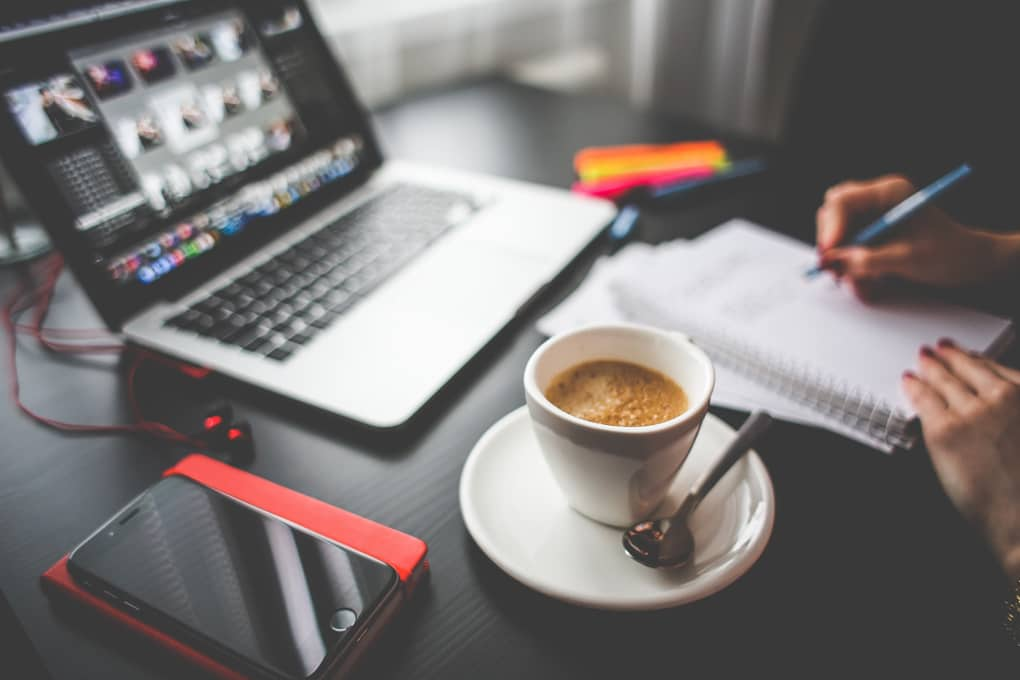
Why Aren’t We Getting Enough Sleep
Nicole says the main culprits for not getting enough sleep are the following:
- Technology. The blue light from TVs, phones and computers interfere with melatonin production. Nicole says that the fact we have that bright artificial light in our faces all night long right before we go to bed makes it harder to fall asleep and stay asleep because we don’t have enough melatonin.
- Stress. When we’re worried and can’t turn our brains off, it’s harder to fall asleep and stay asleep. Click here for 6 ways that you can regain your joy.
- We’re not making sleep a priority, and we put other things before it. According to Nicole this is actually very counterproductive. “You’re not going to be as alert. You’re going to be more sluggish, and it’s going to take you longer to get done whatever you wanted or needed to get done.” She strongly believes that in most cases, “If you went to sleep and worked on it the next morning, you’d probably get it done much faster.”
- Waking up in the middle of the night and can’t get back to sleep. Nicole says that it’s normal to wake up once per night to go to the bathroom, but if you can’t fall back to sleep within half an hour, that’s when it becomes more unusual and problematic. Some of the reasons for this include stress, too much mental stimulation just before bed, and lights or noises that can keep you awake. If you do wake up during the night and can’t go back to sleep within 30 minutes, Nicole says it’s better to go do something than to just lay in bed. She suggests reading a book or something relaxing that doesn’t involve turning on the TV, phone or computer.

Top Six Tips for Better Sleep Habits
Here are Nicole’s top six tips for getting better sleep.
- Look at what you’re eating and your caffeine intake because caffeine can last in the body for eight hours. That means that we shouldn’t be drinking caffeine in the afternoon because we may have trouble falling asleep or staying asleep. Also avoid eating spicy, fatty or sugary food right before bed because it’s going to be hard for our bodies to process or digest it. If you’re having trouble figuring out whether food might be the culprit, keep a journal for a week by writing down what and when you ate and drank and how your sleep was that night.
- Establish a regular bedtime routine. Turn off the technology 30 minutes to an hour before bed and take a bath, stretch, read a book or do something relaxing that doesn’t involve a bright screen in front of your eyes. Nicole recommends using essential oils, especially lavender, before going to sleep. You can diffuse it, smell it or put a few drops on your pillow. A bedtime meditation is another relaxing option to consider. Nicole says this routine is just as important to maintain on the weekend as it is during the week so that our sleep cycle doesn’t get confused.
- Make sure your bedroom environment is conducive to sleep. Use blackout curtains to keep light out and a white noise machine, a fan, a humidifier or an air purifier to create a low noise that can help induce sleep and block outside noise.
- Make sure the temperature of your room is cool. Nicole says that our bodies like to sleep when it’s cooler with 65-68 degrees being the ideal temperature.
- Get outside. Getting outside in the sun can help regulate our body’s internal clock and dimming the lights at night helps to keep that cycle going.
- Exercise during the morning. This gets your body moving during the day and makes you more tired and ready to sleep by the time you get to the evening. Exercising at night can stimulate your body at the wrong time and make it harder to fall asleep.
Not sleeping well every now and then is normal, but if it becomes disruptive to your daily life or if you’re having to take medication to fall or stay asleep, Nicole recommends looking at it more closely. She advises mentioning it to your regular doctor at your next appointment or looking into a sleep study.
As we’ve seen here, not getting enough sleep can be more than just annoying. It can cause both short and long-term health problems, and we simply won’t be functioning at our best. That’s no good for anyone, so the next time you find yourself thinking that you don’t have time to sleep, think again. Your body, mind and overall wellbeing will thank you.






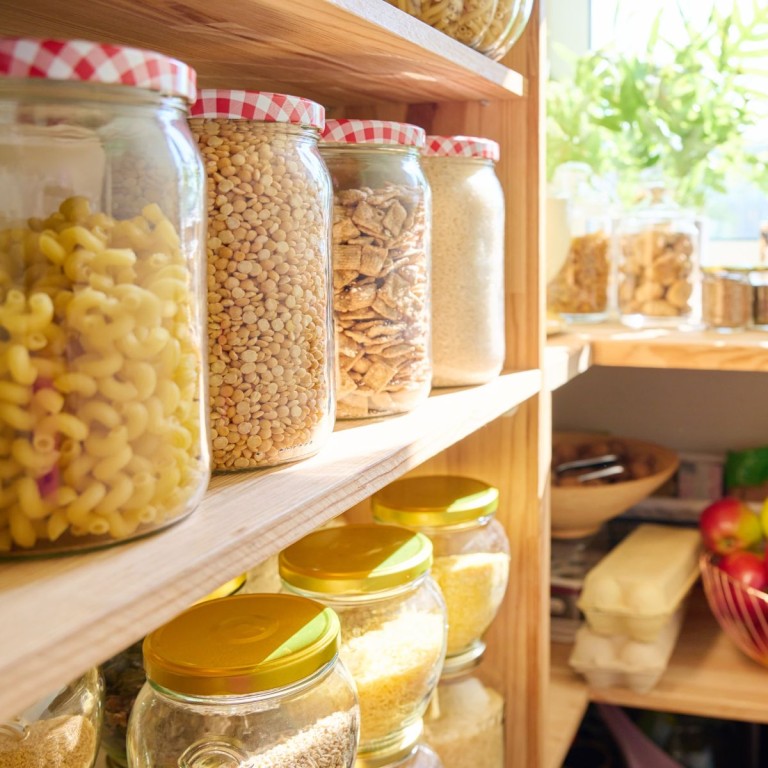
10 Comments